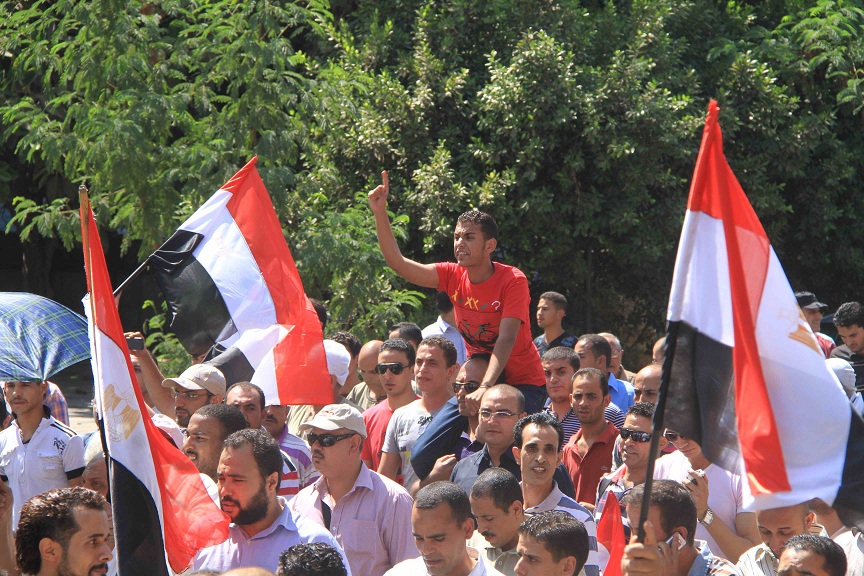Communication through internet provides economic opportunities and allows free exchange of data and information. It also provides tools to overcome a number of international challenges, including provision of education and health services, providing clean water sources, and increasing the efficiency in energy usage, as well as increasing the government’s efficiency and its responsiveness to its citizens’ needs.
The internet universality report included Oman, Saudi Arabia, Morocco, and Egypt from the Middle East and North Africa. Oman ranked the highest amongst the countries of the Middle East and North Africa, ranking 24th amongst the 75 countries chosen for the report.
The infrastructure in Oman, which ranked 17th amongst 75, was as a major force. This is partly due to the high growth rate achieved by the country in terms of 4G technology coverage.
Egypt is considered one of the countries that achieved advanced levels amongst African countries that were chosen in the report, where only South Africa and Morocco ranked higher than it. Egypt ranked 37th amongst 75 countries, and it came third in terms of the readiness of the area and the content convenience—due to the high levels Egypt achieved in the field of policies and local content.
Saudi Arabia has ranked 28th out of the 75 countries. The element of availability has formed a point of strength as a result of the pervasiveness of high mobile penetration; however, the degree of cost endurance came low due to the market’s competitiveness.
As for Morocco, it came second after South Africa amongst African countries. It came close to topping the countries with the lowest segments of medium income. On a global level, it ranked 34th.
The element of the local content has formed a source of strength, where Morocco ranked 14th out of 75. The high rate of electricity availability and the infrastructure has contributed to ranking Morocco 28th.
The internet universality report has assessed the state of internet universality carefully with the participation of the economic intelligence unit and “internet.org”, with consultations carried out with a group of experts in order to discover diverse and interesting levels of internet usage. The report included a mix of high, medium, and low income countries, in addition to wide demographic and geographic representation. Eventually, the final choice focused on economies that were considered the most interesting in terms of internet connection.
The 75 economies featured in the report represent about 90% of the world population, and 90% of the global GDP.
The report included 46 indexes for 75 countries distributed throughout four categories: availability, ability to afford costs, convenience of content, and readiness.




